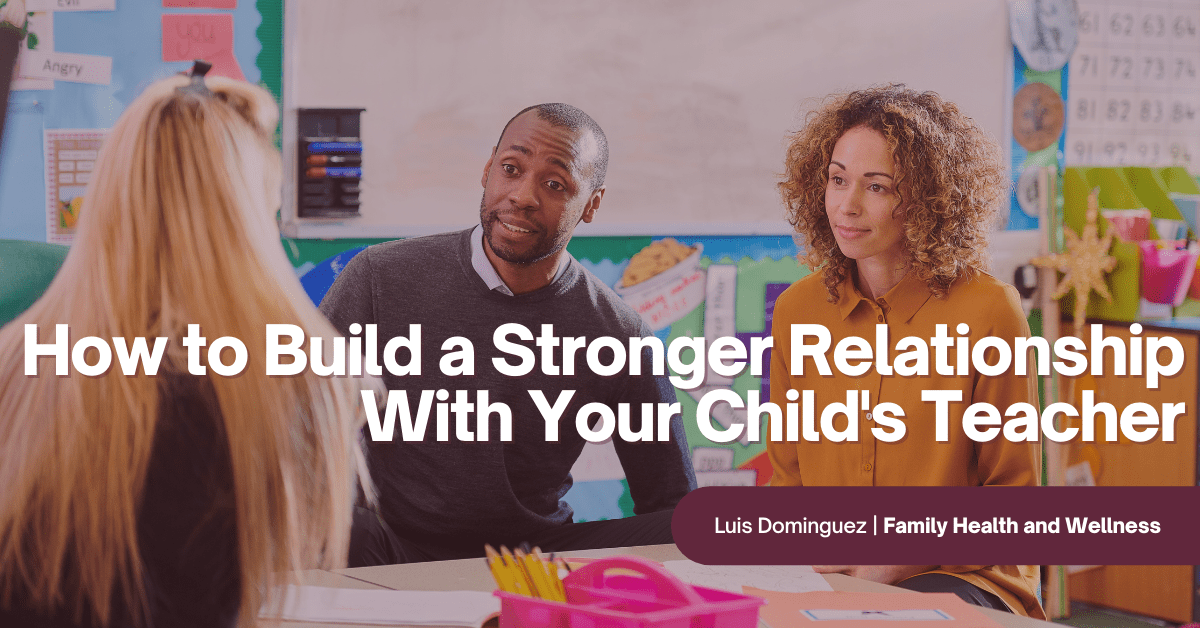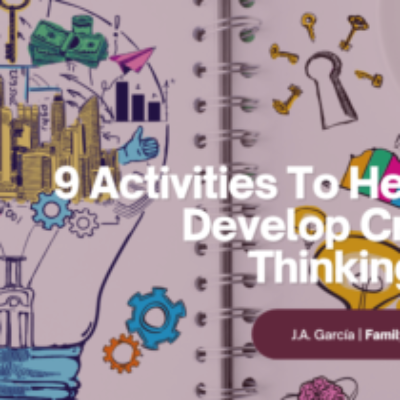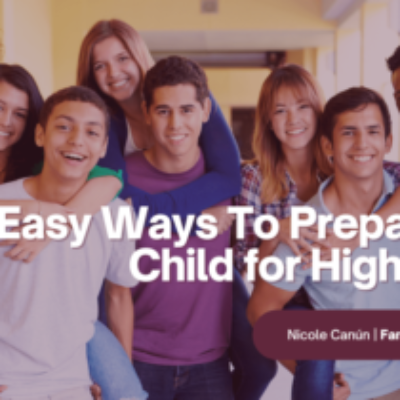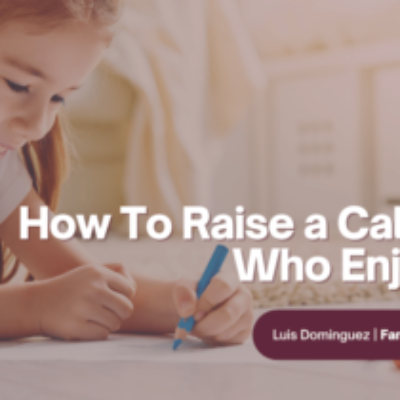
How to Build a Stronger Relationship With Your Child’s Teacher
Who Is Homeschool Spanish Academy?
We’re an online Spanish school committed to empowering parents and their children to live happier lives, enjoy stronger learning outcomes, and experience real success. Learn more about our classes. ➡️
Are you one of those parents that try to stay away from their child’s school as much as possible?
Or maybe you’re a willing participant in school activities, but your relationships with teachers never seem to go further than basic interactions? Having a good relationship with your child’s teacher is one of the best ways you can help your kid at school.
Keep reading to learn the benefits of developing positive relationships with teachers for your child’s education and how to build this all-important relationship.
Why Is a Good Relationship With Your Child’s Teacher Important?
As a parent and a teacher, I find myself in the unique position to talk about the importance of building a good relationship with your child’s teacher.
I have a long experience on both sides of this crucial relationship. Also, I understand how important it is to nurture it and develop it with time.
Establishing relationships with anyone, let alone teachers, isn’t always easy.
But in some cases, like the relationships between parents and teachers, putting in the required time and effort is a worthy investment in your child’s education.
Yes, it’s super important to develop a good relationship with your child’s teacher.
Benefits of Building Positive Relationships With Your Child’s Teachers
Let’s look at some of the benefits of establishing a good rapport with a children’s teacher?
- Higher academic achievement
- A positive attitude towards school
- More regular attendance
- Better social skills
- Motivation to study
Hear Your Child Speak Spanish! Your Free Trial Class Is Waiting.
How to Build a Good Relationship With Your Child’s Teacher
Now that we agreed on how important it is to nurture this relationship, let me give you some useful tips on how to achieve it.
Understand They’re on Your Side
This may be a cliché, but it’s so true.
Teachers are there to help your child. They’re prepared and, most of the time, well-intentioned. But unfortunately, we’ve all met a careless teacher for whom being a teacher is just “a job that pays the bills.”
But I can tell you that most teachers are committed professionals who are passionate about children’s education.
Think about it for a minute. They deal with dozens of kids every day, trying to teach them to read, write, add, subtract, spark a scientific curiosity, and develop social skills, among many other things. They want to help.
I know because that’s what I do for a living.
So, if you’re able to appreciate this great effort they make for your child and your community, you’re halfway through building a good relationship with them.
Keep Teachers Informed
I can’t stress enough the importance of keeping your child’s teacher informed.
But you may ask, informed about what?
Well, anything of importance that’s going on in your family and your child’s life.
Children are greatly affected by things that adults consider simply “part of life.”
Things like parents living in separate houses or children going to therapy and taking medication are fundamental pieces of information for teachers.
They can change our whole approach and help us better understand our students.
You have no idea how many times I’ve learned crucial information about my students time after an event occurred. Timing can make a difference.
So, I encourage you to constantly talk with your teacher and keep them informed of any important change in your child’s life.
Realize That Teachers Are Professionals
I mentioned it in my first point, but let me highlight it again.
Teachers are prepared professionals. They studied for years to be in the position they’re at.
Treat them with respect. Respect their knowledge and work, and appreciate what they do for your child and community.
If teachers feel appreciated and respected, it’s easier to build a good relationship with them.
That sentence applies to anyone, not only teachers, don’t you think?
Engage and Participate in School Activities
Remember about all those times the school has asked you to help with different projects, and you have politely declined?
Well, let me break it down for you.
Part of building a positive relationship with your child’s teacher means engaging more with these kinds of activities.
Teachers work with students non-stop throughout the school year, and just like your relationship with your child, their education requires more than simply attending classes.
Next time you’re invited to attend an open house, volunteer in the classroom, or for field trip support, try to say yes.
Getting more involved in your child’s education is vital to building bridges with the teacher and the school.
Say Hi!
I know, it’s silly, right? But trust me on this one.
Just saying hi during the first day of school, at dismissal time, or whenever you have some time to interact with your child’s teacher speaks volumes.
This is how you start building a rapport and show your interest in your child’s education.
It seems like an essential thing to do. But nowadays we all live very stressful lives and are running from one place to another. This leaves us with limited time for these kinds of formalities.
But remember, they’re that hard and can make a big difference.
It shows that you care and know who your child’s teacher is.
Follow These Simple Tips and Build a Good Relationship With Your Child’s Teacher
In your child’s education, there are several relationships you must nurture!
But now you know that to help your child strive in school, you must make an effort and build a good relationship with their teachers. As you can see, most of the tips I gave you are very simple things that don’t even require much effort.
Remember: show your interest, keep a respectful approach and a positive attitude, and be open to collaborating when needed. As long as you do these, you can make a big difference in your child’s education.
Find more parent and education-related content here. It’s for you!
- 10 Homeschooling Styles You Need to Explore in 2023
- Local Learning Networks: Finding Homeschool Co-ops Near You
- Home Sweet Classroom: Creating Engaging Spanish Lessons at Home
- 10 Websites Offering Short Stories in Spanish for Beginners
- Can Homeschoolers Participate in Sports?
- 10 Tips for When Homeschool Isn’t Working
- Is There Homeschooling in Latin America?
- 10 Productive Back-to-School Activities for Your Spanish Class
- Language Learning with Netflix: How to Use the Chrome Extension - April 18, 2024
- 23 Common Spanish Prepositions You Can Use Today - March 27, 2024
- 25 Common Subjunctive Phrases in Spanish Conversation - March 21, 2024




